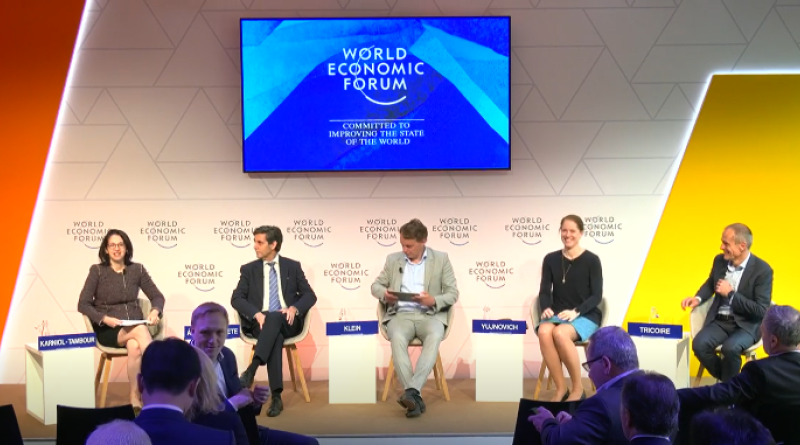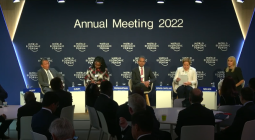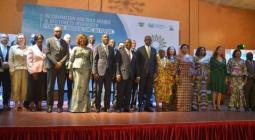Unlocking Digital Innovation for Net Zero

The transition to net -zero has to start with big business and it has to start now. These are the views from the ‘Unlocking digital innovations for net-zero’ panel at the annual World Economic Forum, held in Davos, Switzerland. Composed of chief executives from the telecommunications, petroleum and data management sector, speakers such as Shell’s Upstream Director, Zoe Yujnovich called for bold moves to begin the transition, “deep carbonisation isn’t possible without complete digitization of the supply chain’, she said. The panel agreed that for firms to lead the net-zero transition, they needed to refocus on their strategy and make courageous decisions when making the leap to sustainability, often to the disapproval of some stakeholders. But all agreed that spending more money on renewable products, services and buildings makes financial sense in the long run. Net zero emission means that all man-made greenhouse gas emissions must be removed from the atmosphere through reduction measures.
Click here to watch the session
Speakers:
- Karen Karniol-Tambour, Co-Chief Investment Officer for Sustainability Bridgewater Associates
- Christian Klein,CEO of SAP SE
- Jean-Pascal Tricoire, Chairman & CEO of Schneider Electric
- José María Álvarez-Pallete, Chairman & CEO of Telefónica
- Zoe Yujnovich, Upstream Director of Shell
Steps to make the green transition
In their recommendations for companies to start the process, the panel was unanimous that it all starts with data. Executives need to measure their carbon footprint and set reachable targets according to months and not years. Conserving energy or cutting operational waste in order to yield better performance should be part of the sustainable strategy. Adopting 4IR technologies that reduce time or money spent on carbon heavy activities. And just like any new habit, having an accountability partner who is also on the same path will keep leaders on track and finally commit to empowering vendors in the supply chain who are struggling to make the transition.
In their closing remarks, speakers noted that Europe will not be on track to meet net-zero by 2030, unless the correct digital tools are used to accelerate this.
COMMENTARY
Standard Bank’s Head of Digital Channels, Pieter Swiegers
In his comments at the end of the session, Standard Bank’s Corporate and Investment Banking Head of Digital, Pieter Swiegers says, “although the focus of the talk was on the European context, the lessons can be applied to African companies. The panel’s recommendations show how the Standard Bank group is on track in playing its part for reaching net-zero”.
The bank has already rolled out several digital programmes internally and externally to reduce its carbon footprint, a stance it adopted when it became the first African bank, and one of the first in the world, to sign and lead the Principles of Responsible Banking at the United Nations in 2019.
As a signatory to the Principles for Responsible Banking (PRB), Standard Bank is committed to ensuring that our business strategy is consistent with and contributes to society’s needs and priorities, as expressed by the UN sustainable development goals (SDGs), the Paris Agreement, the AU’s Agenda 2063, and sustainable banking frameworks in our countries of operation.
In line with these commitments, Standard Bank has published its Climate Policy outlining its goal to reach net zero across our group operations for newly built facilities by 2030 and for existing facilities by 2040. Through our own facilities, we have begun reducing our carbon footprint through smart building practices, waste reduction and energy efficiency.
Also, as part of our long-term commitment to drive the right environmental decisions and with the commercial sustainability of our clients in mind, Standard Bank has developed PowerPulse. This is a digital platform designed and built to transform the way we produce, deliver and consume renewable energy. PowerPulse enables our clients to engage with accredited energy solution providers, in an efficient and competitive manner, to deliver cost saving and sustainable energy solutions for their business.
These, along with our Sustainability Finance Framework for investing projects across Africa, will enable us to gradually transition from a carbon-intensive society to a truly sustainable infrastructure that enables economic development at all levels.
https://sb.africa.com/




